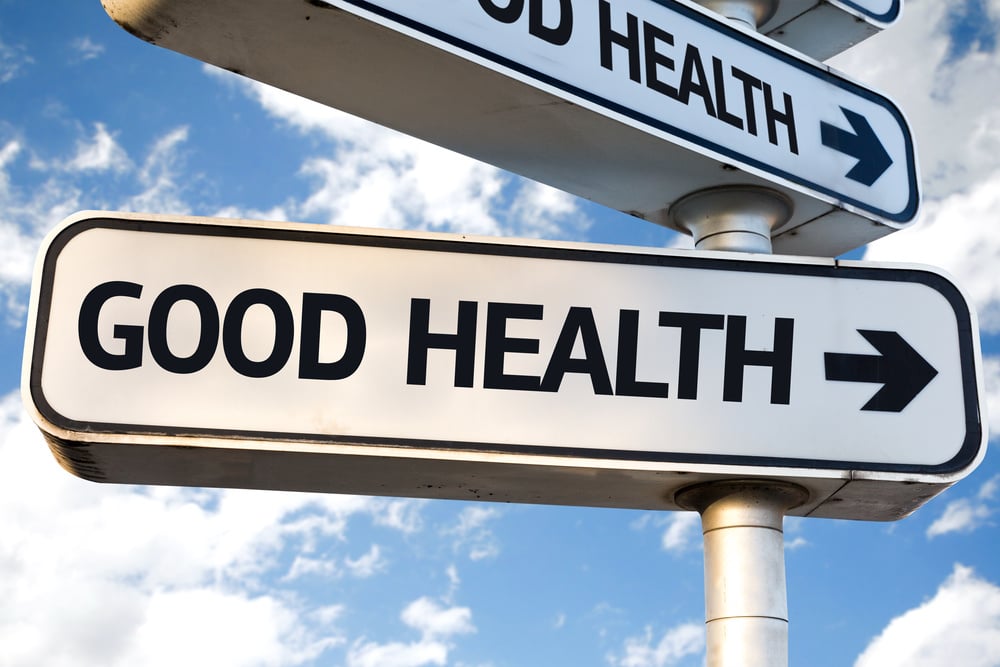Improve Your Immunity This Winter
Winter tends to bring more sickness, as people are stuck indoors in small spaces together, and cold and flu season is in full swing. Here are some...
Manage your everyday finances with convenient accounts, flexible cards, and personalized service designed to fit your life.
At First Federal Bank, we offer flexible mortgage solutions for almost any situation, helping you secure the right financing for your dream home.
Business banking offers secure financial management, streamlined transactions, credit options, and tools to help businesses grow efficiently and sustainably.

 Dietary fat has been portrayed as the big bad for such a long time, it can be easy to forget your body actually NEEDS it. If you are not getting enough in your diet, you could start to experience health issues. Here are six signs to watch out for:
Dietary fat has been portrayed as the big bad for such a long time, it can be easy to forget your body actually NEEDS it. If you are not getting enough in your diet, you could start to experience health issues. Here are six signs to watch out for:
1. You frequently struggle with inflammation of the joints
Inflammation of the joints is the primary cause of joint-related damage and can also greatly contribute to the pain, stiffness, and a significant reduction in joint-related mobility.
While some fats, such as trans fats, may contribute to worse inflammation in the body, other fats, like unsaturated ones, with omega-3 fats being the primary suspect here, can cause inflammation to be reduced.
One study by the University of Pittsburgh Medical Center concluded omega-3 fatty acids might provide relief from inflammation similar to NSAIDs.
2. You suffer from scaly and dry skin
Dry skin is a common condition millions of people suffer from — and the solution to this problem may be as simple as including more healthy fat foods in your diet.
According to a study by Oregon State University, skin cells are surrounded by two fat layers, and healthy fats have a direct impact on skin health. They continue to explain that omega-3 fatty acids should be the most important part of your diet if you wish to have good skin — the anti-inflammatory properties will help to reduce puffiness.
3. You have a vitamin D deficiency
Vitamin D is a fat-soluble molecule, which means the vitamin cannot be absorbed by the body through water, but only through fats.
If you suffer from brittle bones, muscle weakness, mood changes, chronic pain, reduced endurance, and high blood pressure, you may be suffering from a vitamin D deficiency, as reported by Medical News Today. Even if you take vitamin D supplements, you still need to include an adequate amount of healthy fats in your diet to ensure your body can absorb this nutrient.
4. You suffer from hormone-related issues
Vitamin D also plays a crucial role in the maintenance of the body’s hormonal balance. When vitamin D levels are low, hormone-related issues may occur.
According to fitness coach Dr. Becky Gillaspy, fats also serve as a building block for membranes of all cells in the human body, and may also have a more direct contribution to make toward balancing hormones. The document continues to explain that fat helps with the transfer of hormones into cells.
5. You constantly feel hungry
Even though fat is often considered to be amongst the list of weight gain foods, it should be noted that fat is also known to assist with weight loss in the long term and can contribute to improved satiety.
Many studies have proven high-fat diets to be beneficial for weight and to keep a person full; thus, if you constantly find yourself feeling hungry, it may be a sign that you are eating too little fat.
6. You regularly suffer from mental fatigue
There are numerous ways in which fats can affect the mind and overall brain health. When the brain is affected by inflammation, it could lead to mental fatigue, depression, and many other mental health issues, as reported by a 2019 study.
Omega-3 fatty acids can help reduce levels of inflammation throughout the entire body. Vitamin D deficiency is also linked to depression and mental fatigue, a vitamin that is absorbed through fats.
You can read the full article here.
If you notice any of these signs and are concerned, talk to your physician. Don't fear fat! It is not the enemy. You probably already know your body requires protein to function. The same is true of fat. It's all about eating the right types in the right amounts. Chances are, making a few small alterations to your eating habits can get you back on track.

Winter tends to bring more sickness, as people are stuck indoors in small spaces together, and cold and flu season is in full swing. Here are some...

If you enjoy cooking but don’t have time to fully prepare a meal or head to the grocery store, signing up for a meal kit delivery service is a great...

2 min read
You have a hunger to know more about yourself and your family’s history or determine if you’re at greater risk for a life-altering affliction like...
Manage your accounts, make payments, and more.
Open an account with us.